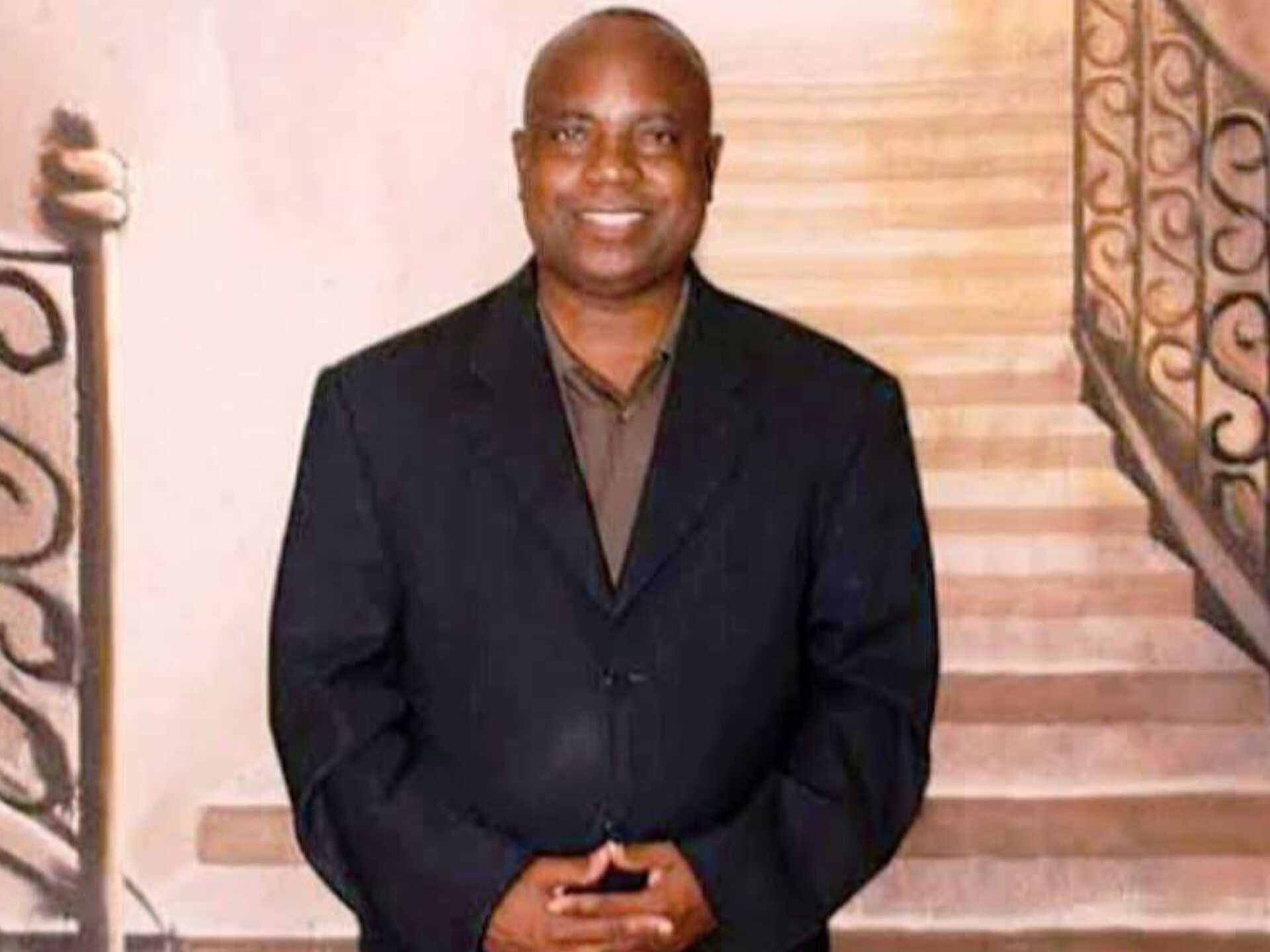Opinion
OUR ADHOC NATION AND THE MULTIFACETED SECURITY CHALLENGES BY DR AUSTIN ORETTE

When the so-called leaders and other pretenders to the throne talk about the present security challenges in Nigeria, they magnify the situation by using memorized arcane language that makes them sound smart and alienate the citizens.
Security is not alien to our culture. It is the process of safeguarding the members and properties in our community.
I am an Isoko man. The first law of security in my village is: know thy neighbour. This simple law can be expanded to apply to any jurisdiction. The villagers know each other and they know their children and even may go further to know the colour of the goat in the yard and the owner of the goat. Some people in the village with keener interest may know the characteristics; know the bleat or baa of the goat. On that rare occasion when the owner is looking for the goat, some one can say the last place he saw the goat. Another individual might even say he heard the baa of the goat in another area.
With this kind of local knowledge and awareness, it is easy to prevent foul play as everyone knows there are many eyes on the goat. That goat has security.
The security is taken further by knowing any stranger who may have visited and timed to coincide with the disappearance of the goat. At Night, we have specialized Irumani assigned to patrol each street. Their job is to notice and record any irregular movements of those who are still awake while others are sleeping. They know everyone on that street, their body movements and inflections that make individuals identifiable. They can tell it is the hunchback running from the window of the woman shouting. They just go to his house and wait for him to return. The case is solved.
This is the nutshell of what security should be. As society grows and changes, this basic picture is expanded. In a nutshell, security is about public safety. You cannot make the public safe if you don’t care who the members of the public are.
If a restaurant serves food to the public, we make sure the food is not poisonous. This is food safety.
If there is an industry in the neighborhood that manufactures, we make sure it does not explode and kill everyone. This is industrial safety.
If there is a private or public vehicle that conveys people on our public roads, we make sure it is mechanically safe to operate and it is being operated by someone who has been tested and licensed without killing everyone one on the road. This is road safety.
If someone is taking care of children, we make sure the person is licensed, healthy and is not a child abuser or molester.
If he is a doctor in a hospital, we make sure he has been trained as a doctor. He is registered and licensed, and he has no criminal record.
As you can see, the simple ‘know thy neighbor ‘has been expanded to include all human endeavors and a strong need to protect the public from the criminal acts of a few. This simple process that could work and reduce crime in any jurisdiction has become adhoc in Nigeria.
This simple process that can be modernized has been bastardized in Nigeria. What obtains now is the posting of a policeman from Sokoto to my village to prevent crime. He does not speak Isoko and may not know the nuances of the criminals in the community. It is the criminals who will welcome home to the community, and he becomes their agent unknowingly. When he arrests a criminal, the case is transferred to Abuja for investigation. At the end of the day, the criminal is never prosecuted or punished.
Records pertaining to the crime are not kept and the identity of the criminal is lost. This is why criminals start flourishing and become powerful to the point of asking ransom money to be paid into a bank because they are now above the law. With enough money, he gets elected and they become the big boys that will continue to run Nigeria as a criminal enterprise. This is why we suffer.
We should think deeper before these folks make it illegal. We have a responsibility to identify and have records of everyone who lives in a community. When these records are maintained, security will improve because the chances of apprehending the criminal and making this record as part of the identity of the criminal will serve as a form of deterrent.
There are so many ways to subject this equation to different permutations. The present thinking is to be part of any modern society. It is cumbersome and adhoc. Those who set it up only think of crime as something you can only fight with AK 47. That is military induced mental retardation. We can do better.
DR AUSTIN ORETTE WRITES FROM HOUSTON, TEXAS













